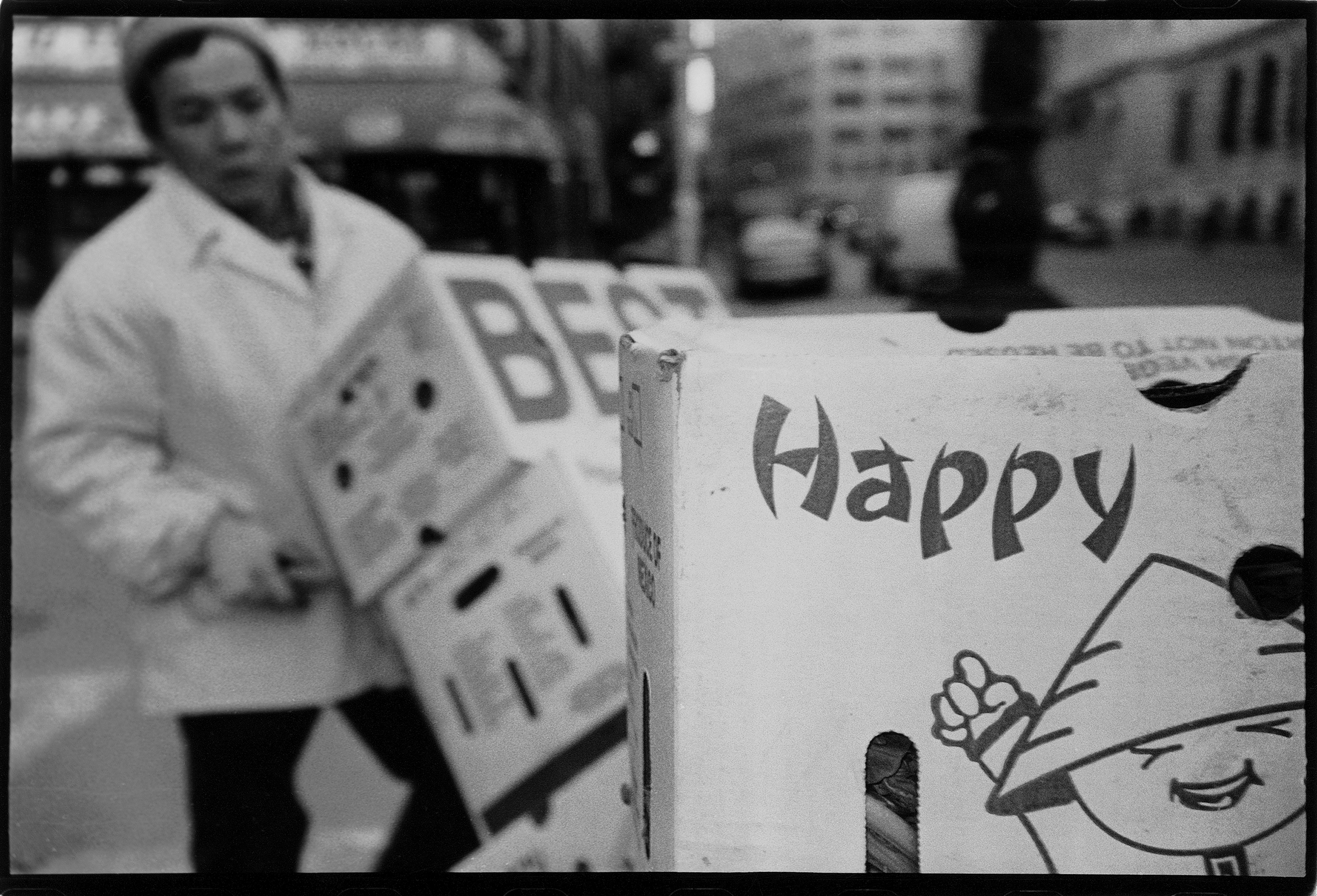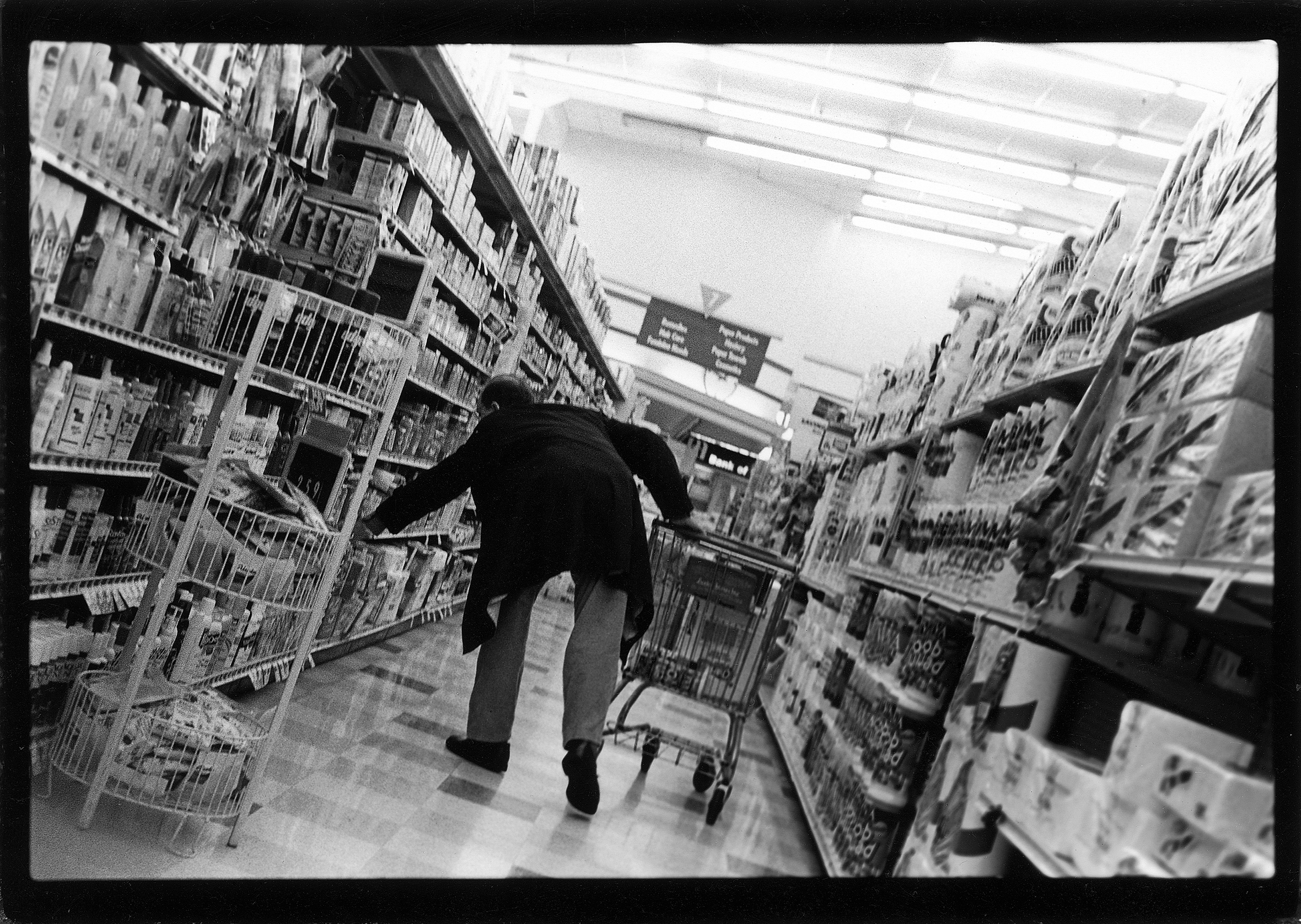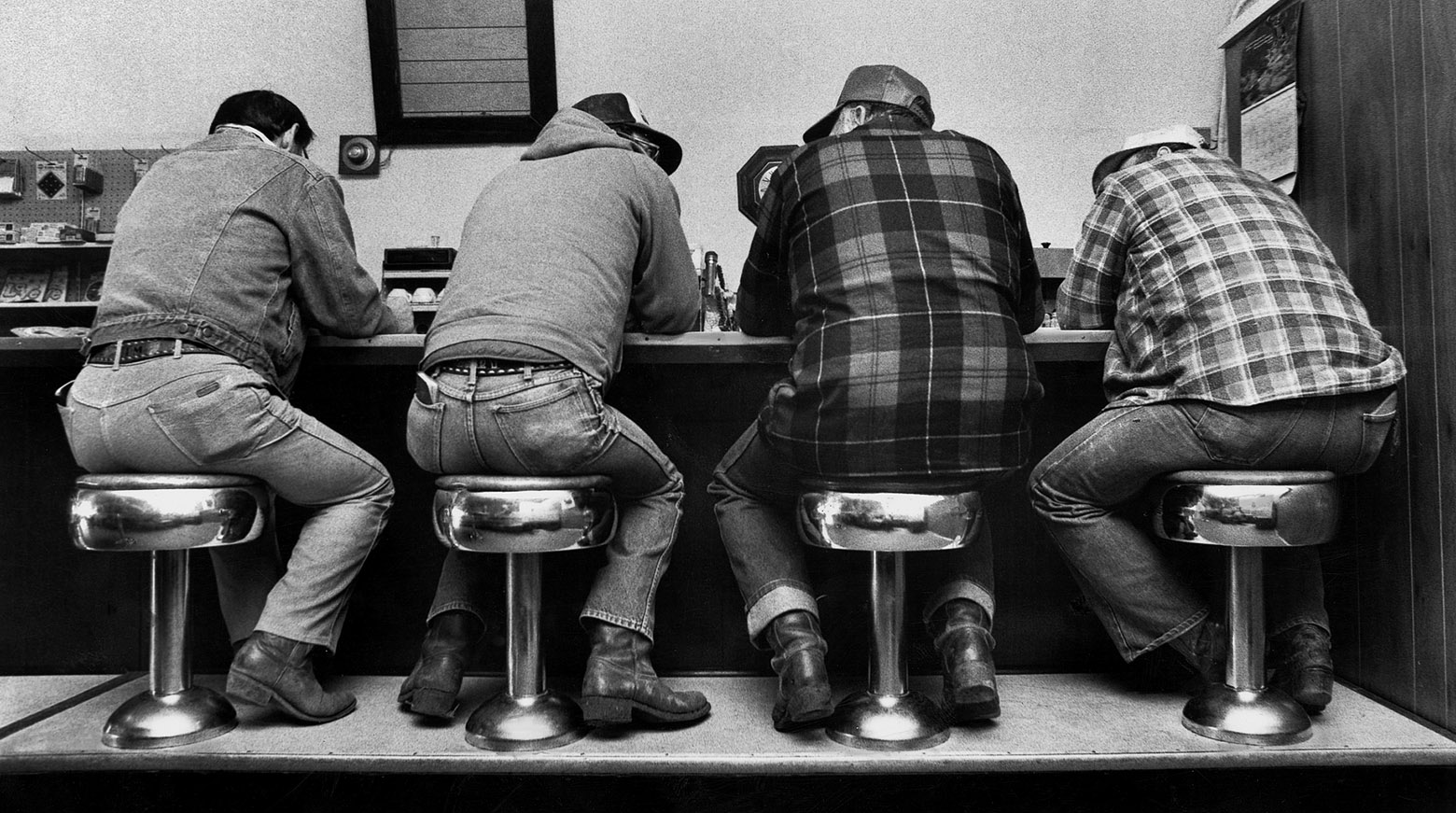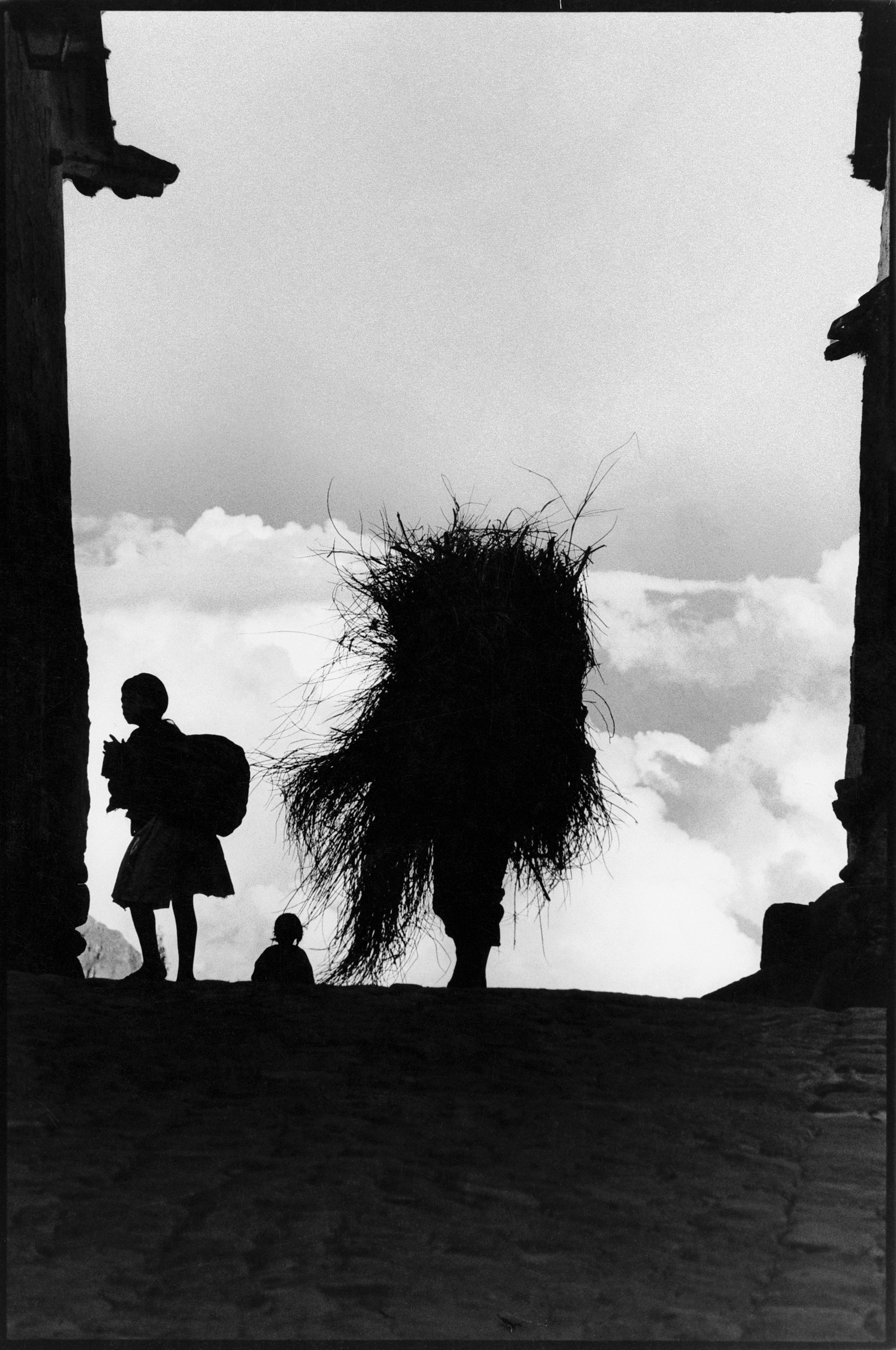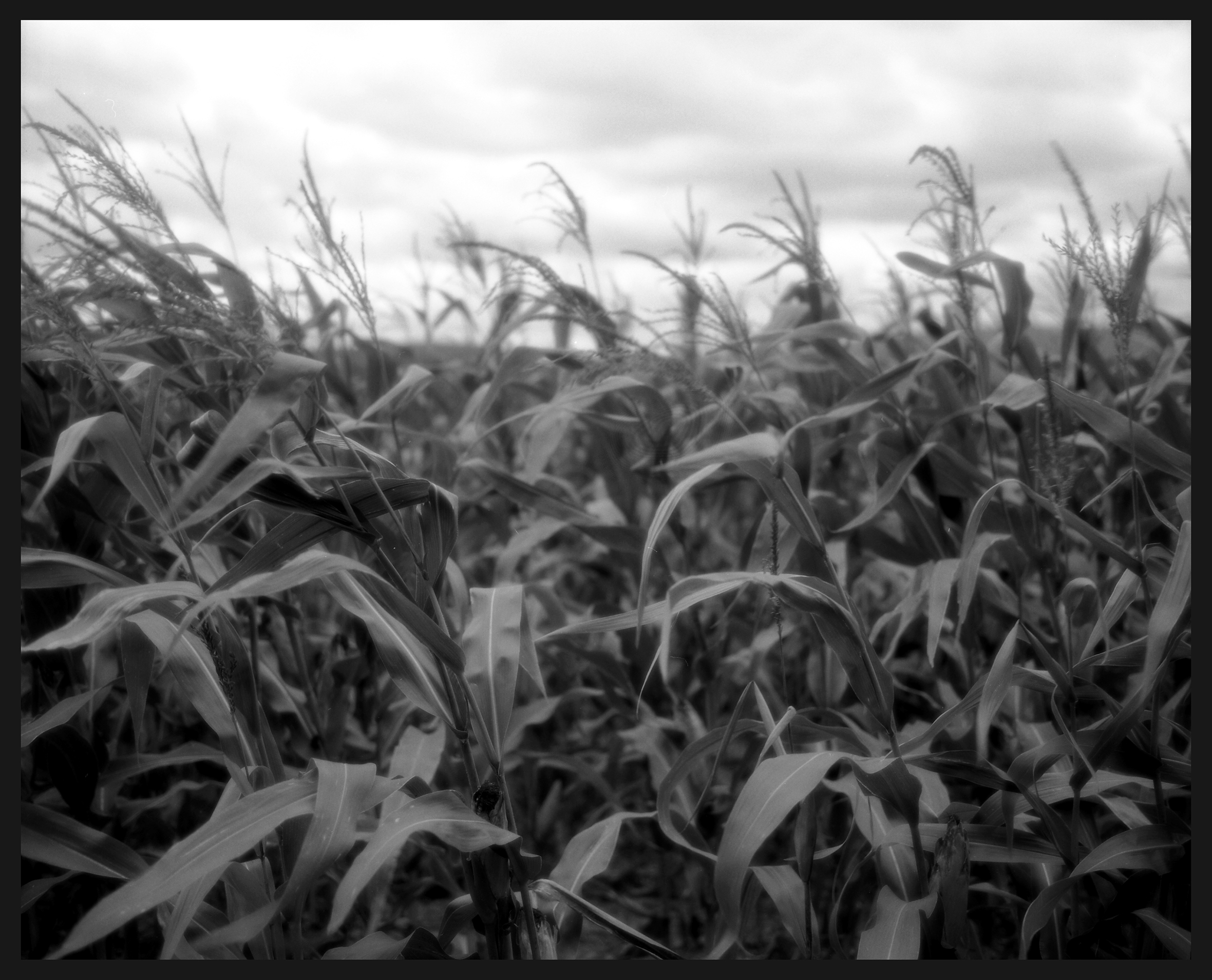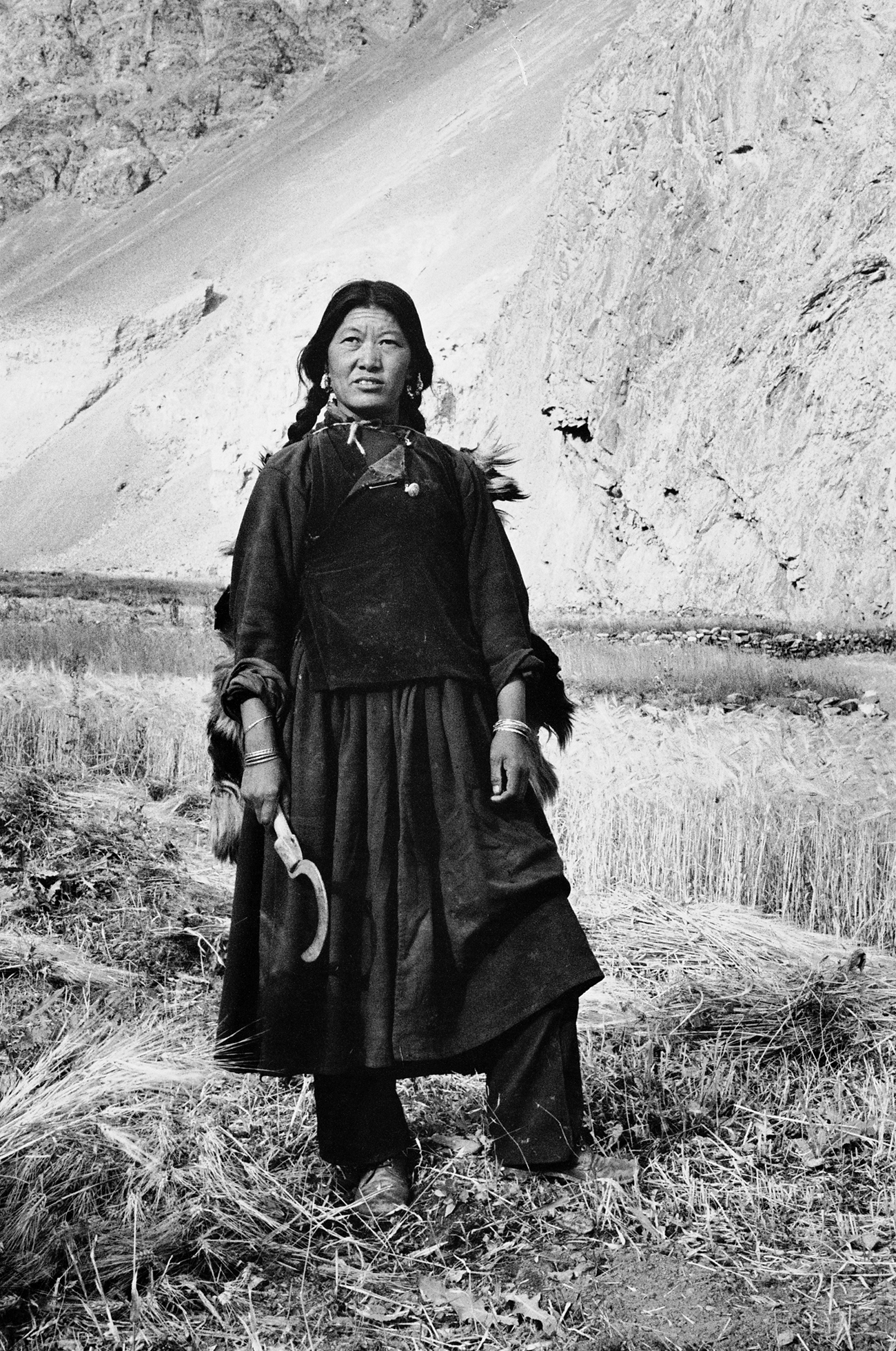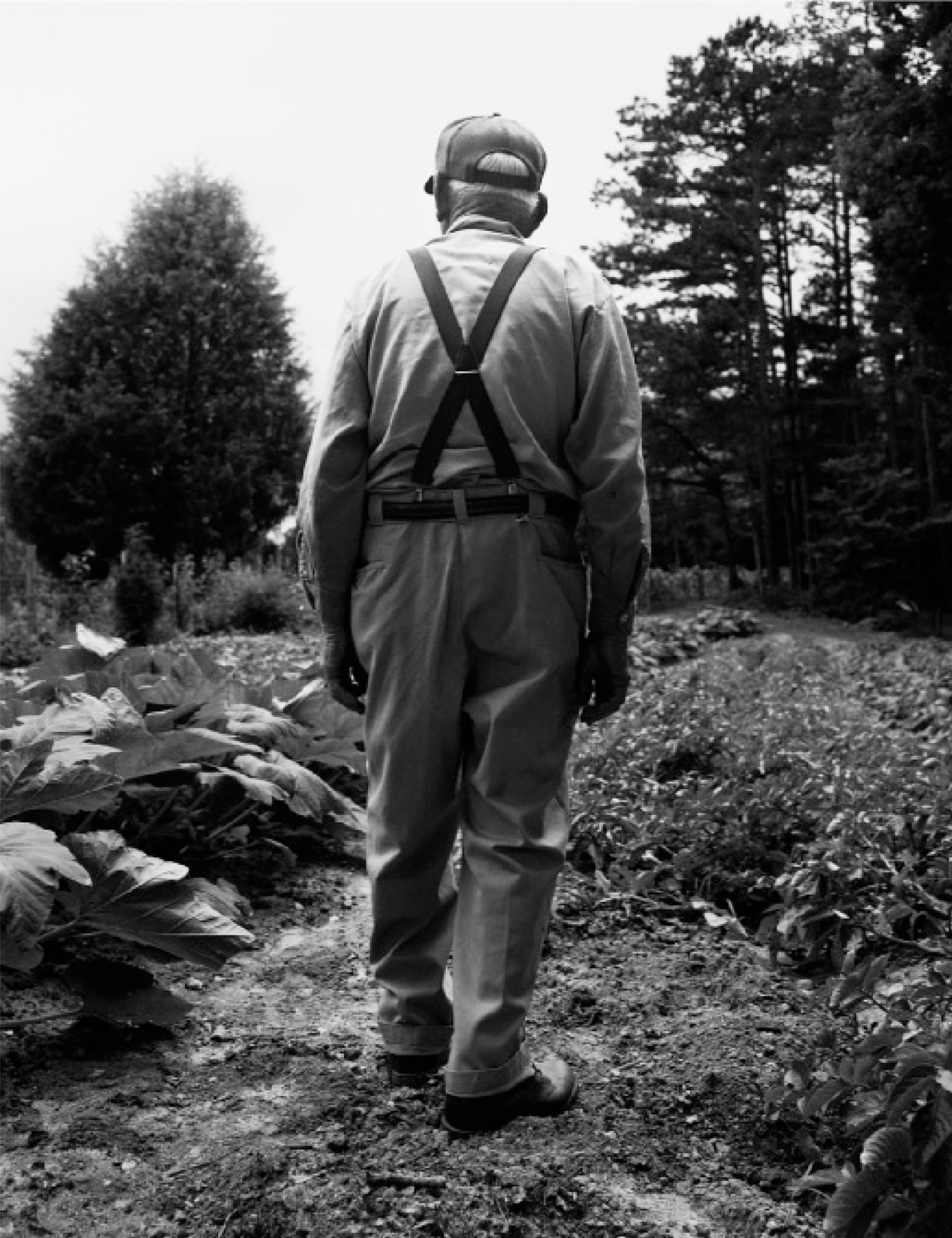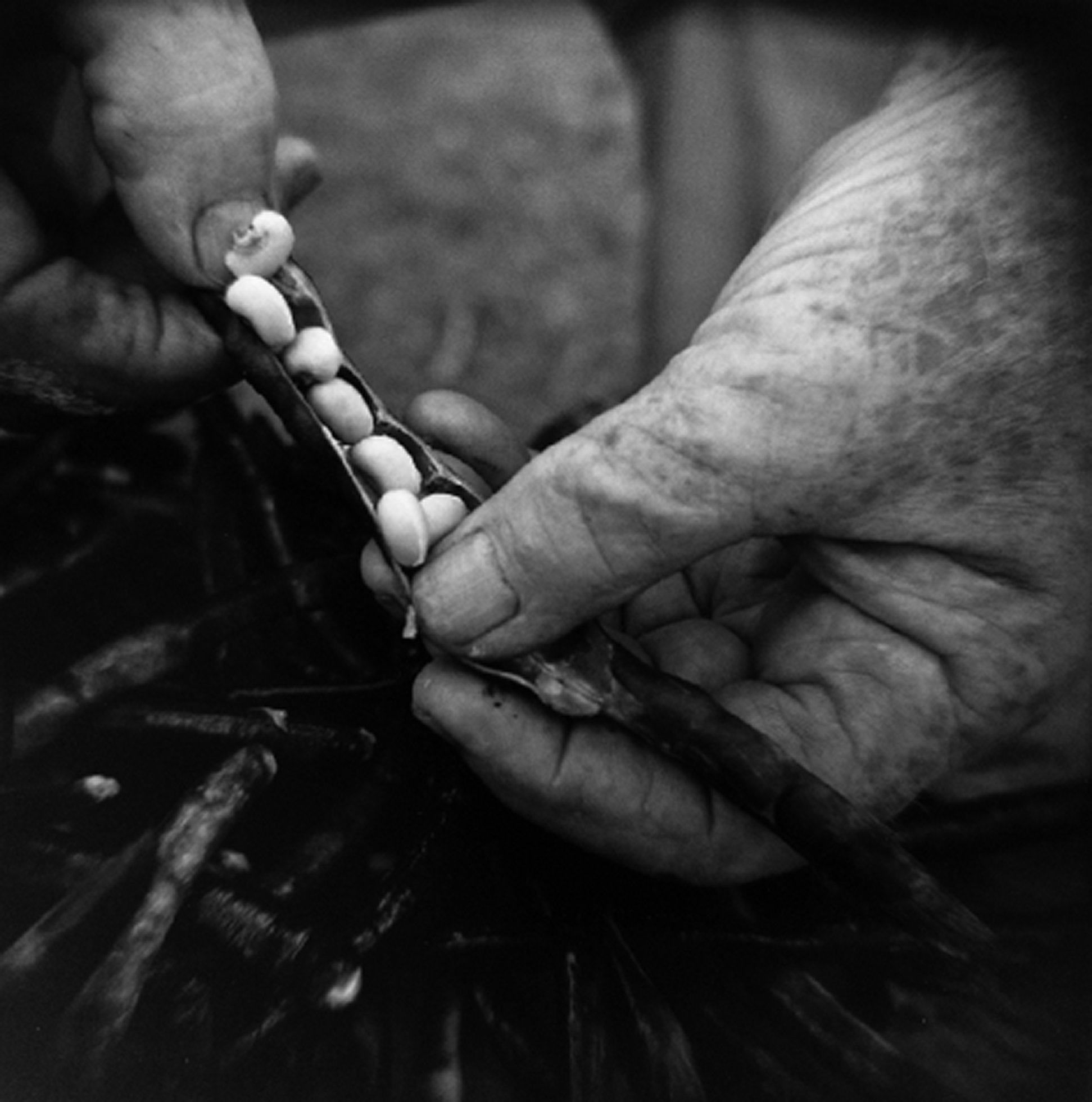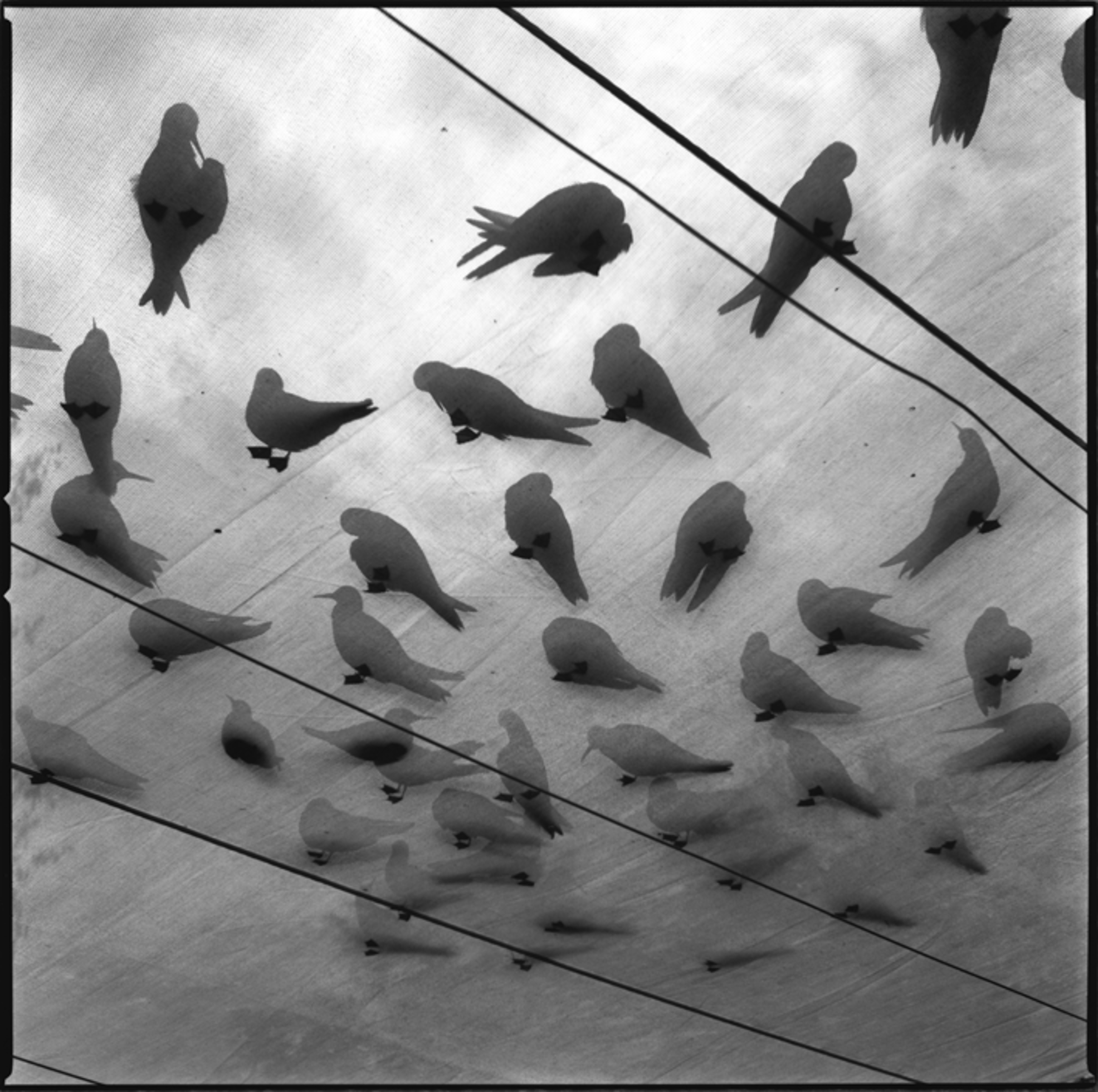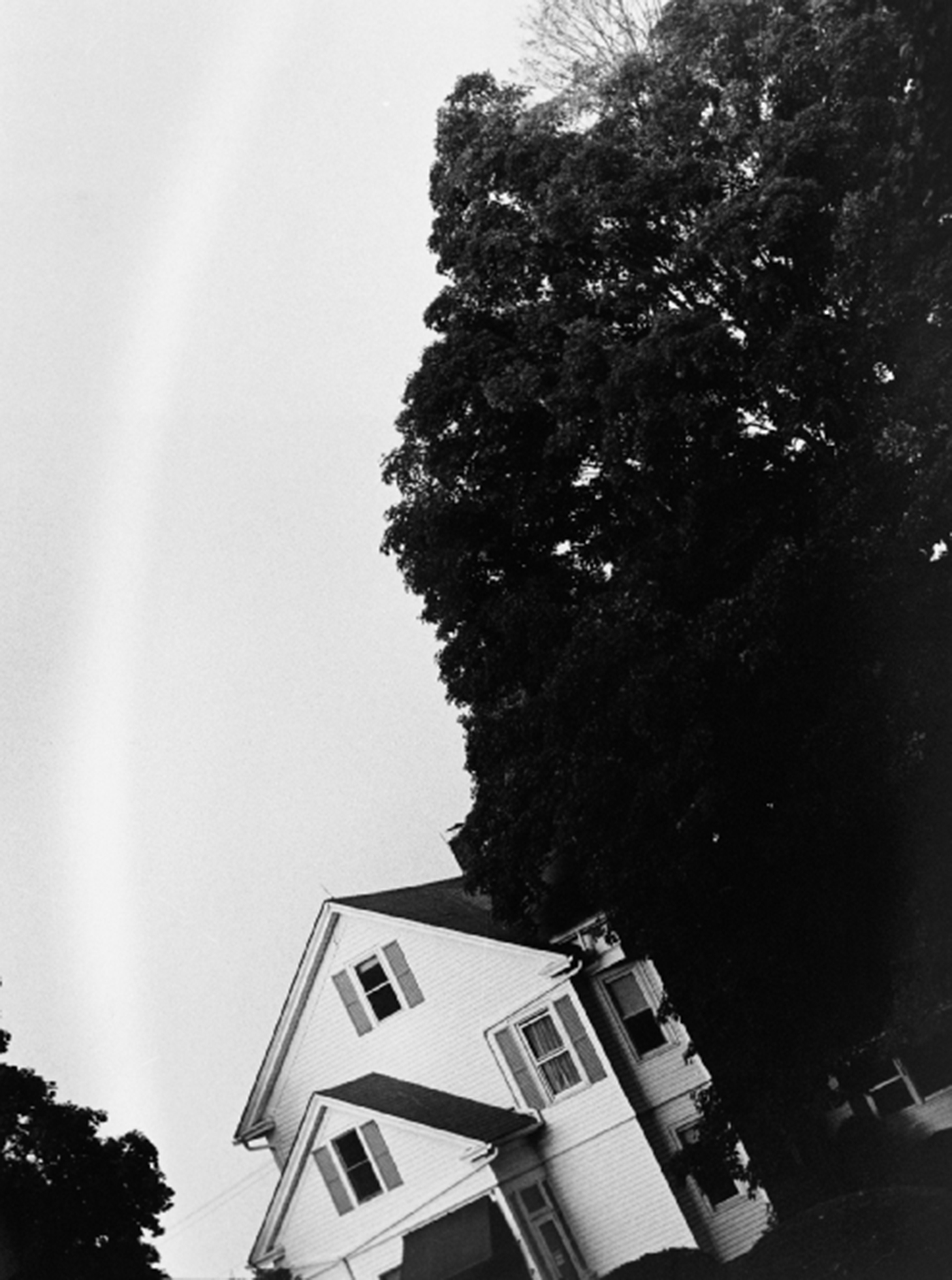Browse Topics
Agriculture
The Anxiety Of Eating
An Excerpt From The Omnivore’s Dilemma
Historically, national cuisines have been remarkably stable and resistant to change, which is why the immigrant’s refrigerator is the very last place to look for signs of assimilation.
May 2006Lost In The Supermarket
Michael Pollan On How The Food Industry Has Changed The Way We Eat
Families used to control what their members ate and pass along learned wisdom in the form of a food culture. Now that’s gone. Most people don’t eat as families. We eat individually, going one-on-one with the food supply, which is how the food industry likes it.
May 2006The Wake
The phone rings during dinner. The break in the silence is a relief, but I don’t move. In fact, I pretend I don’t even hear it. I’m fifteen and angry at my father for making me stay home again on a Friday night. He pretends not to hear the phone either.
March 2005Tiny Bells
I am a dream. Once I was a man. Once I dreamed as you now dream, woke as you will awaken. I used to walk the world between earth and sky. Now I am a memory. If you awake to memories of a life you never lived, it is because you have let me enter your dreams.
April 2004Biting The Hand That Feeds: How Globalization Cripples Small Farms
An Interview With Vandana Shiva
This year farmers started to commit suicide in Uttar Pradesh, the richest agricultural state in India. Some of the most fertile soil in the world can be found there, and the region has never had agricultural problems. But the first rule of globalization says, “Don’t grow food for yourself; grow export crops.” So the farmers there all grew potatoes. And then potato prices collapsed. The potato-chip makers have walked off with super profits, and the farmers have been left with huge debts.
February 2004The Task At Hand
In my wanderings through small villages around the world, I have often sat and marveled at how people in other cultures perform their daily work. There is an acceptance of the tasks at hand and a pride in exerting excellence. At the end of a day their harvest is contentment and sweet sleep.
December 2003Sunbeams
June 2003This was the dawn of plastic eating in America. . . . We doted on Velveeta. Spam. Canned ravioli. Instant puddings. Instant anything. The farther a thing was from the texture, flavor, and terrifying unpredictability of real food, the better.
Earthly Delights
Cultivating A New Agricultural Revolution: An Interview With Michael Ableman
When we focus on regional production and regional distribution, the issues around the use of chemicals and other materials resolve themselves. It’s as simple as standing across the table at the farmers’ market from the person who’s growing your food. Ultimately the basic health of the food system is not about laws; it’s about relationships: interpersonal, ecological, and biological. The people who eat my food don’t need a legislative act to know that what I’m providing is safe to eat. They know me, and they know my farm. That, to me, is the best form of certification. It’s based on outdated ideas like honor and trust.
June 2003Wicked Birds
The Saturday my fingers were mauled I distinctly recall black birds everywhere. They clung to the electrical wires that draped from the several small outbuildings to the large red barn in the center of the farm. The birds called from the walnut trees and hopped among the combed-over swatches of fescue in the steaming pasture.
June 2003What You Leave Is Yours To Leave
I hated my parents’ goats. I hated them because they were stupid and always looked at me as if it were for the first time. And that lack of recognition never changed, from the day they arrived until the night they saved my life.
September 2002